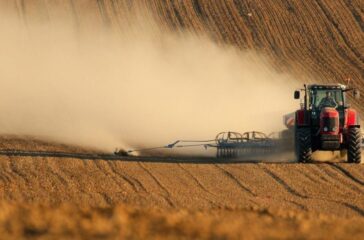Report finds “vicious cycle” between pesticide dependence and climate change
By Shannon Kelleher
Pesticide use is a significant factor in harmful climate change, contributing to greenhouse gas emissions in multiple ways, according to a report issued this week.
 EWG
EWG